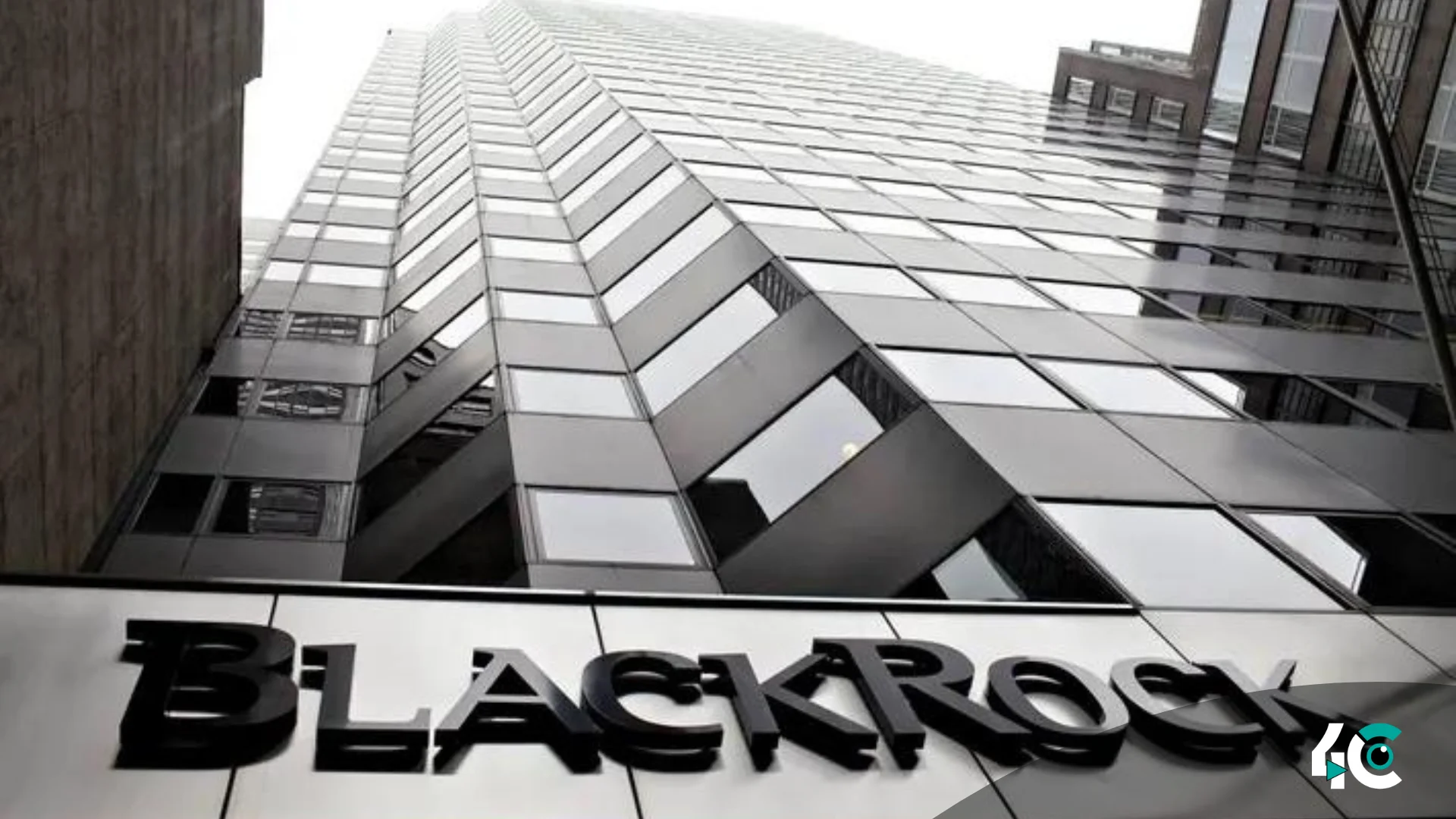Given investor concerns, BlackRock has a 12-hour withdrawal policy for Bitcoin ETFs
Rising concerns over Coinbase’s Bitcoin handling for ETFs have led BlackRock to create a new withdrawal policy. The largest asset management in the world turned in an amendment to the Securities and Exchange Commission of the United States (SEC) on September 16 detailing how Bitcoin withdrawals from Coinbase should be handled within twelve hours of getting an order.
Resolving Problems Regarding “Paper BTC”
Investors have queried if Coinbase is purchasing actual Bitcoin or only “paper BTC,” which are effectively Bitcoin IOUs. The static price of Bitcoin over the past three months—despite large institutional inflows from Bitcoin ETFs—has exacerbated these concerns. The usage of paper BTC might, theories suggest, artificially reduce the value of the cryptocurrency.
BlackRock’s most recent update is to increase transparency and provide investors trust on the whole on-chain settlement of every Bitcoin purchase. Serving eight of the nine recently approved Ether ETFs and 10 of the eleven biggest spot Bitcoin ETFs, Coinbase, the custodian of these assets, has been under fire to exhibit proper management of them.
Baldilocks here.
— Brian Armstrong (@brian_armstrong) September 14, 2024
Not sure what this is all about TBH. All ETF mints and burns we process are ultimately settled onchain. Institutional clients have trade financing and OTC options before trades are settled onchain. This is the norm for all our institutional clients. All funds…
ETFs have nothing to do with the Bitcoin price drop.
Notwithstanding such worries, Bloomberg analyst Eric Balchunas disputed the theory that Bitcoin ETFs were responsible for the present price decline. He claimed since their launch, these ETFs have amassed on-chain Bitcoin assets at around $59 billion. Comprising around $22.5 billion in Bitcoin, BlackRock’s own ETF, IBIT, boasts more than 38% of the market share.
Balchunas said that the liquidity of these ETFs has regularly maintained the value of Bitcoin, therefore refuting the theory that they are devaluating it. Instead, the analyst stressed that long-term holders, “HODLers,” could be selling, which would assist to explain the price stagnation.
In general
The new 12-hour withdrawal policy of BlackRock helps to ease concerns over Coinbase’s custodial practices. Maintaining confidence in these ETFs requires addressing investor concerns and ensuring on-chain settlement transparency as institutional Bitcoin investment grows.
































